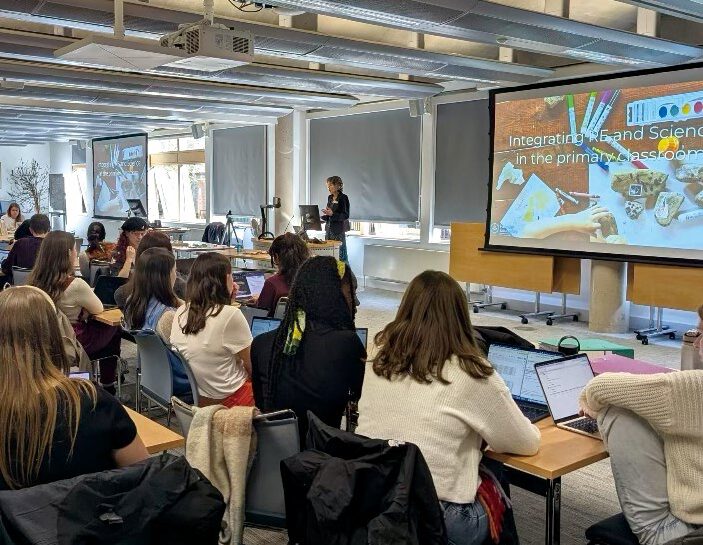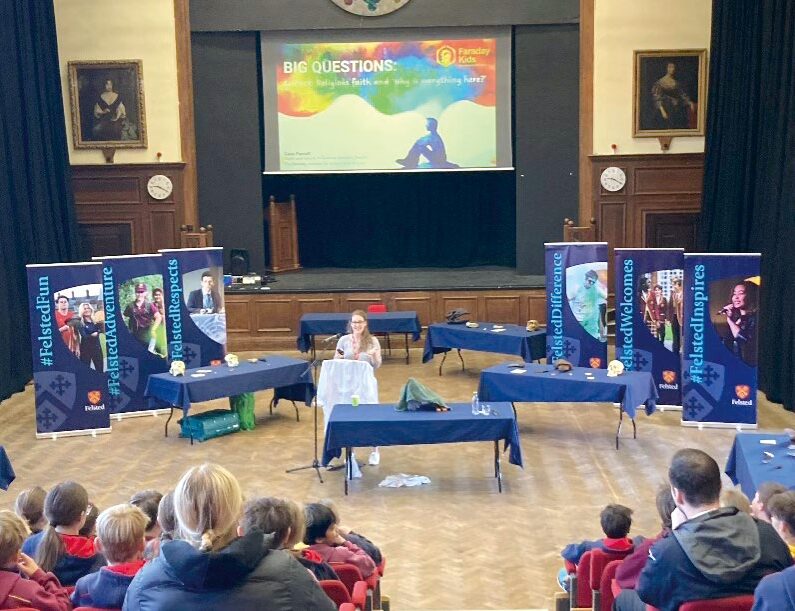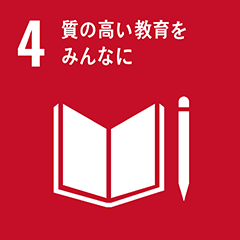Inochi Declaration
Exploring scientific knowledge alongside other ways of knowing – including people’s experiences, spirituality, philosophy and religion – empowers people (young and old) to make wise, values-based decisions that promote flourishing and strengthen society’s empathy, cohesion and inclusiveness.
In today’s increasingly scientific world, many look to science alone for understanding. However, questions about life, and what it means to live well, benefit from a holistic approach which listens to, and values, diverse insights from science, spirituality, philosophy, religion and personal experiences. For example, science can investigate environmental threats, and potential solutions, but it cannot, in and of itself, fix the problems and ensure a sustainable future for all. The response depends on human decisions and activity, based on our motivations and convictions about the world. People hold a range of religious and non-religious beliefs about their place and purpose in the world, about their responsibility to care for others and about the value and worth of all life. Engaging with these beliefs can lead to meaningful discussions which bring human motivation into dialogue with the scientific data to forge a way forwards.
Science has also enabled us to develop Artificial Intelligence and robotics with the potential to assist humans in almost every industry and societal activity – from education and farming, to health and social care. However, when unleashed for the pursuit of economic growth alone, there is a risk that such technologies are used to exploit and cause harm.
To avoid these risks, we need to develop ethical principles alongside the science, informed by theological and philosophical ideas and human values. In order to use AI in compassionate and equitable ways that affirm human dignity, values and relationships, we need to understand the essence and purpose of life, the differences between humans and AI, and what is required for society and all humans to be able to flourish.

Training event for educators in the UK

A school event in the UK
The Faraday Institute for Science and Religion in Cambridge, UK, works to improve the public understanding of how science and religion interact, to unlock these deeper interdisciplinary discussions and the wisdom they hold for creating flourishing communities. This is done through academically rigorous research, public outreach, education, training and the creation of resources.
As an important part of this, the Institute runs a programme focusing on children and young people, who hold the keys to solving societal challenges in the future. Research indicates that young people often lack suitable opportunities to explore their big, interdisciplinary questions about the world, which go beyond their classroom curricula—this is particularly true regarding discussions between science and religious worldviews. This can result in misconceptions which sow division and limit their effective engagement with society’s important challenges and opportunities. By encouraging young people to explore their big questions about life through the lenses of science and religion, they are not only given the opportunity to reflect on, and express, their own individual thoughts, but are better equipped to become global citizens who listen to others and make decisions which build wise, respectful societal systems.
The Institute’s experience in this field suggests that young people are best supported in this by direct interaction with enthusiastic experts (such as scientists, religious leaders, academics), alongside confident reinforcement from educators (including teachers, relevant religious leaders and others in important positions of influence). As such, since 2013, the Youth and Schools Programme have run over 1,400 interactive sessions, with over 46,500 children in schools, churches, festivals and other educational settings – creating spaces where they can explore big questions with different scientists of faith, religious leaders and theologians. Many educators are impressed to see how these sessions encourage deep questioning and sharing amongst their young people, saying that they unleash their curiosity and stretch their minds. The Institute has also trained and resourced over 6,400 educators, with growing interest amongst teacher training programmes. Classroom resources cover topics like climate change, bioethics and racism, as well as the nature, power and limits of science.
The Institute’s future action plan involves continuing to build upon this vital work, applying it to new scientific advances and relevant societal questions, and rolling out learnings and recommendations from their work on science and faith education in the UK to other parts of the world in culturally relevant ways. Their website will help facilitate this action plan amongst educators: www.faradayeducators.com. As an example, they will partner with the Brazilian Association of Christians in Science (ABC2), to support their new project to help young people nurture curiosity in faith and science in the Brazilian context.
In collaboration with diverse research institutes like The Faraday Institute, the Inochi Forum will actively promote the exploration of scientific knowledge alongside other ways of knowing—including personal experience, spirituality, philosophy, and religion—to empower people to cherish Inochi.
[References]
・The Faraday Institute for Science and Religion, Cambridge
https://www.faraday.cam.ac.uk
[Action Platform]
SDGs+Beyond
[SDG]


